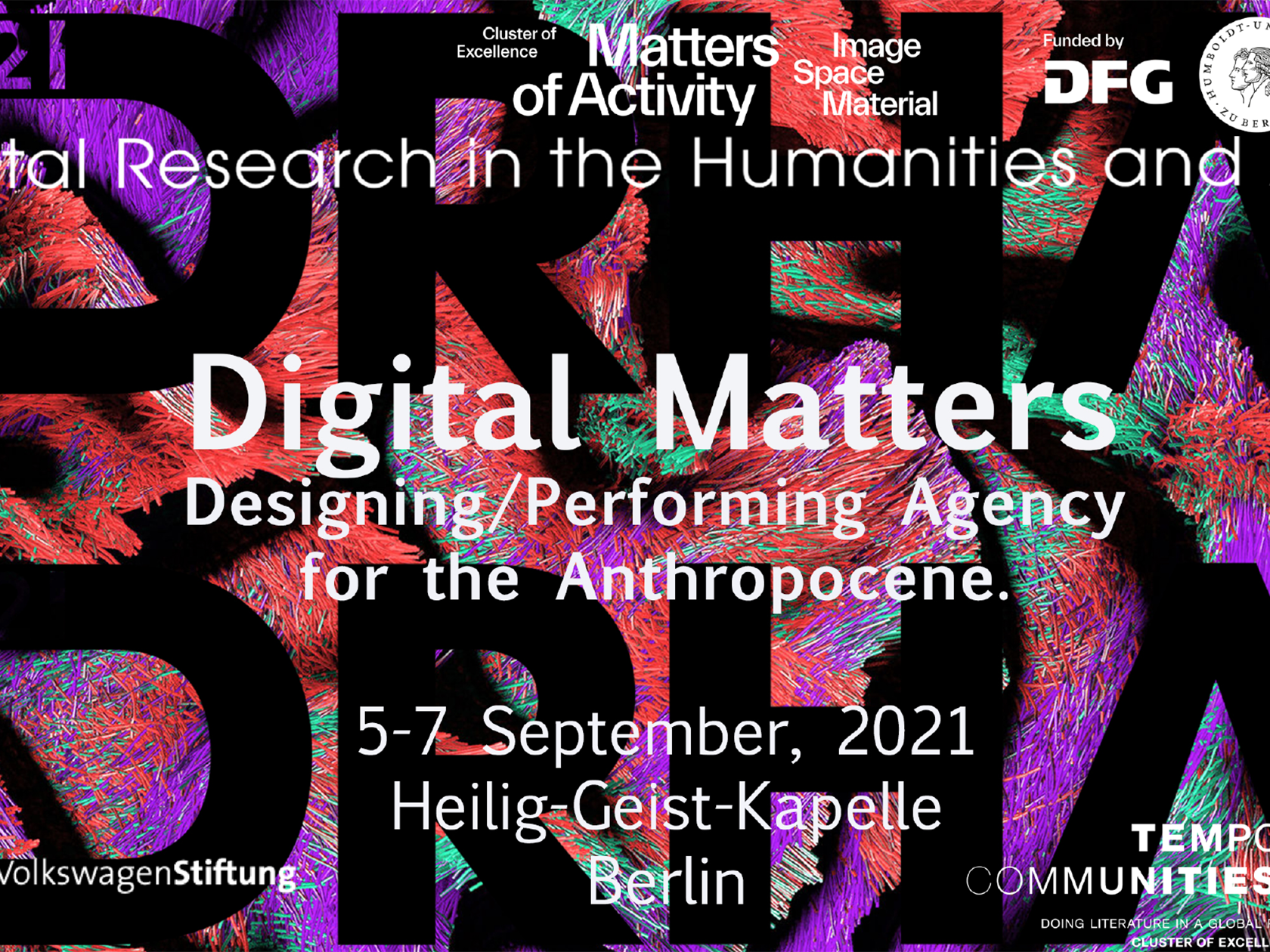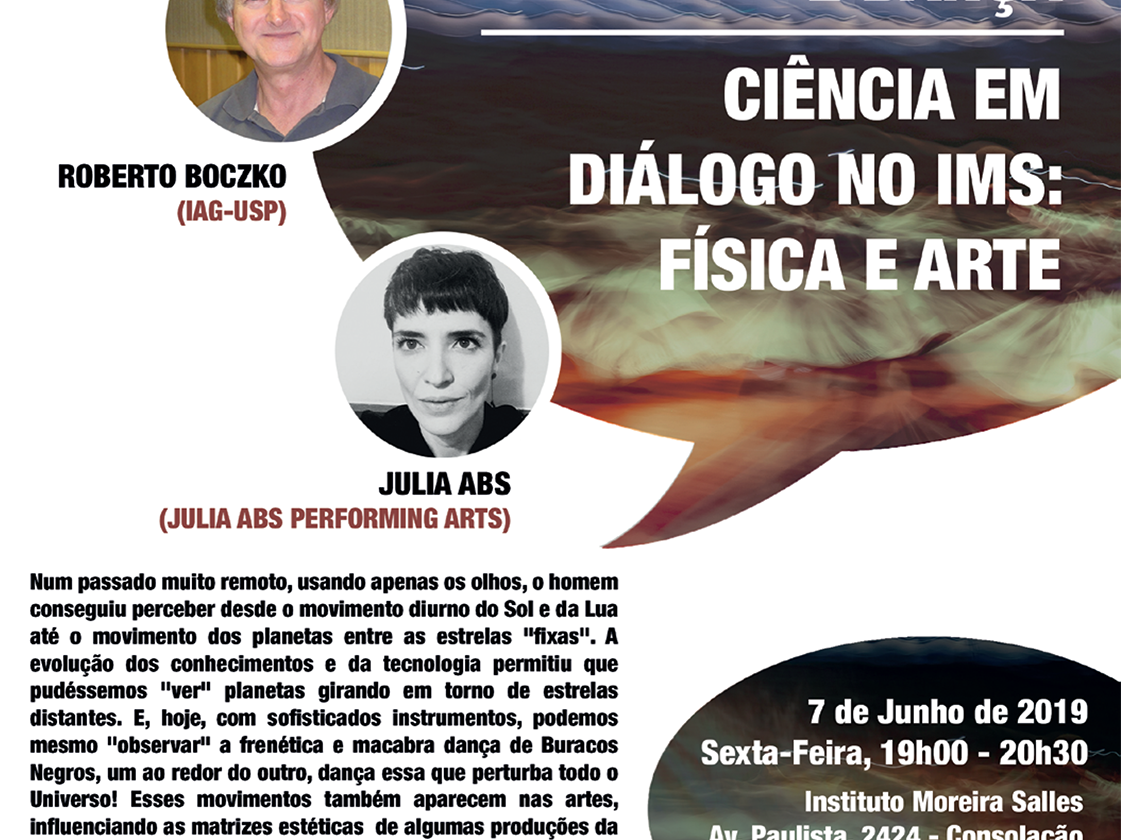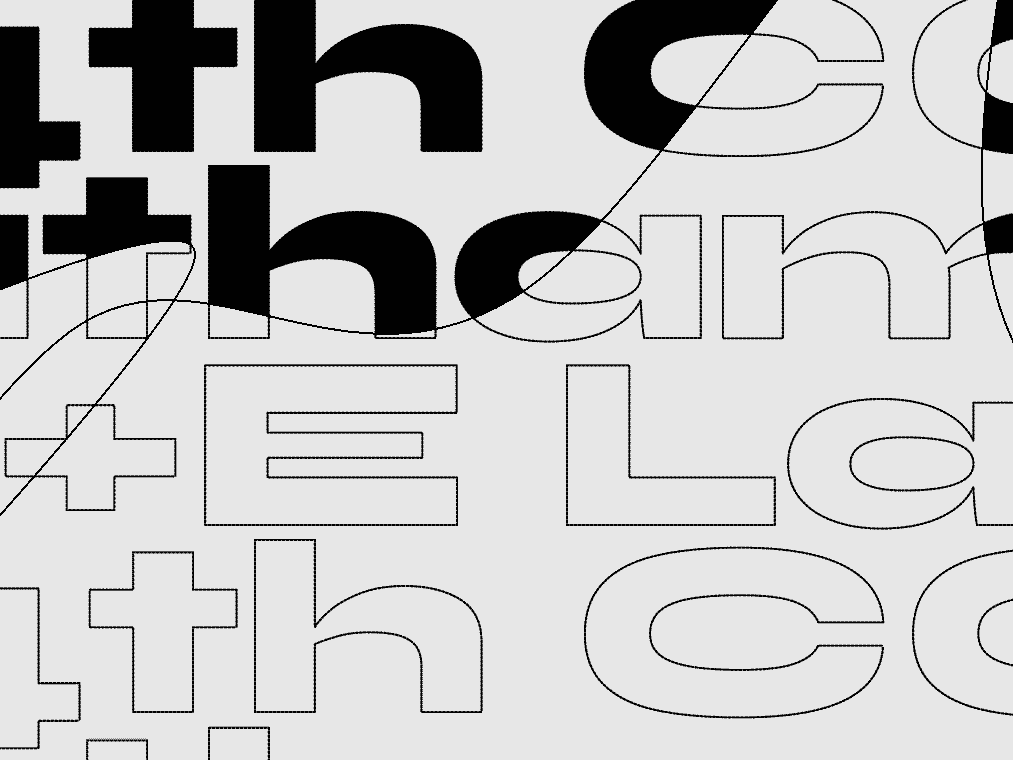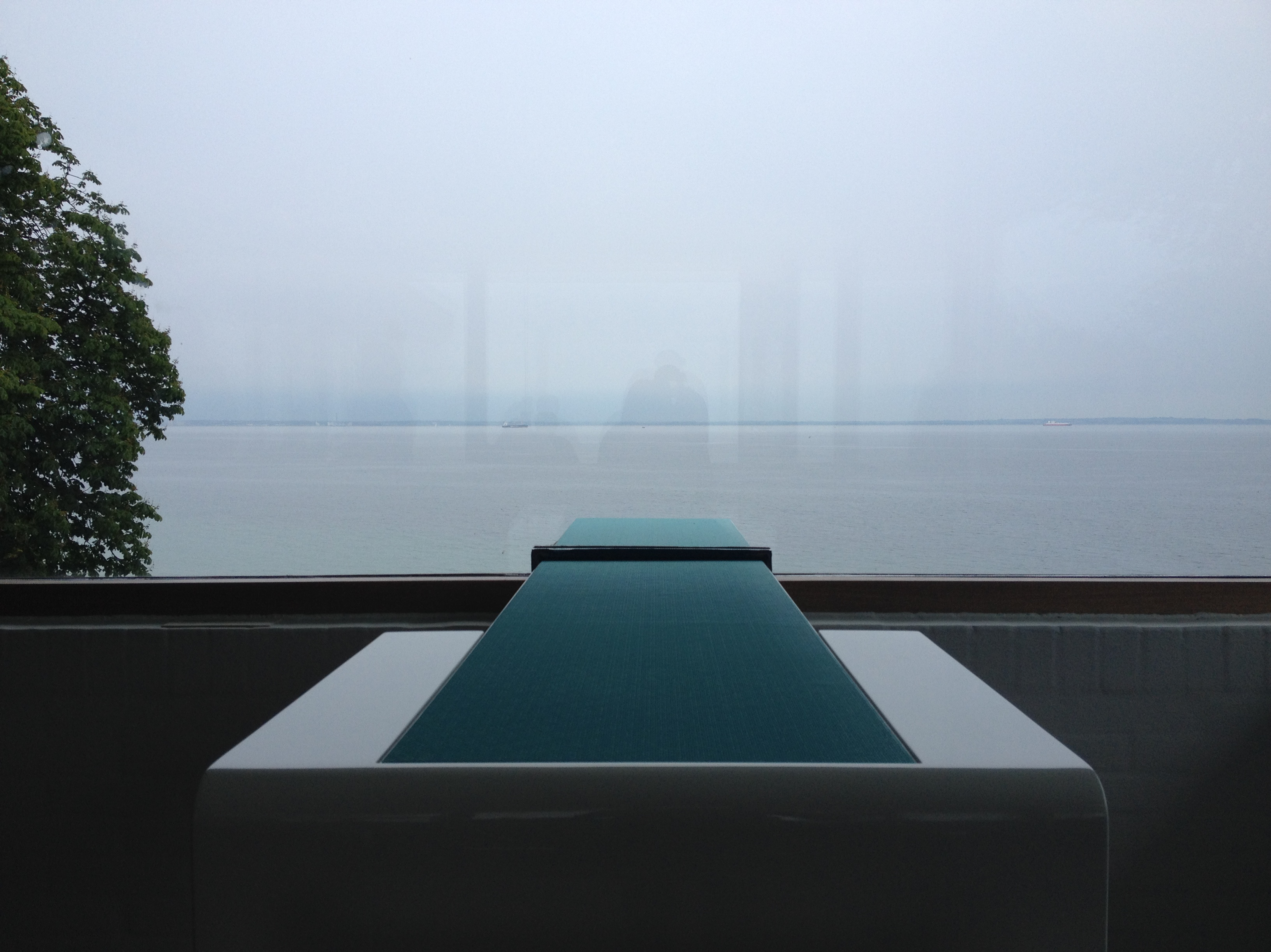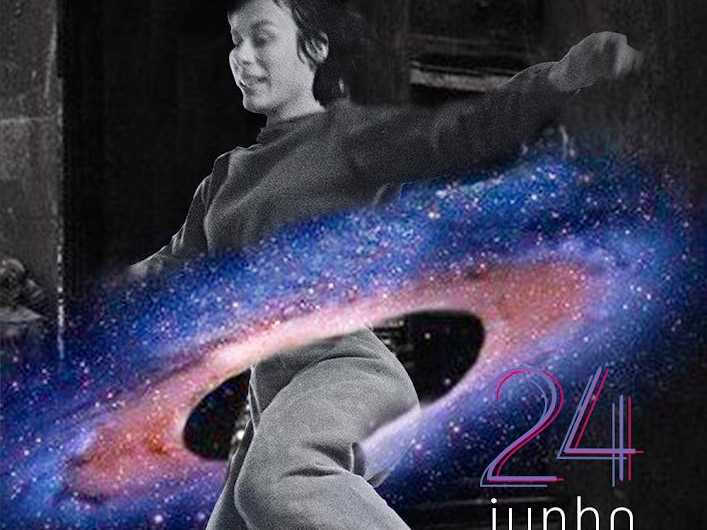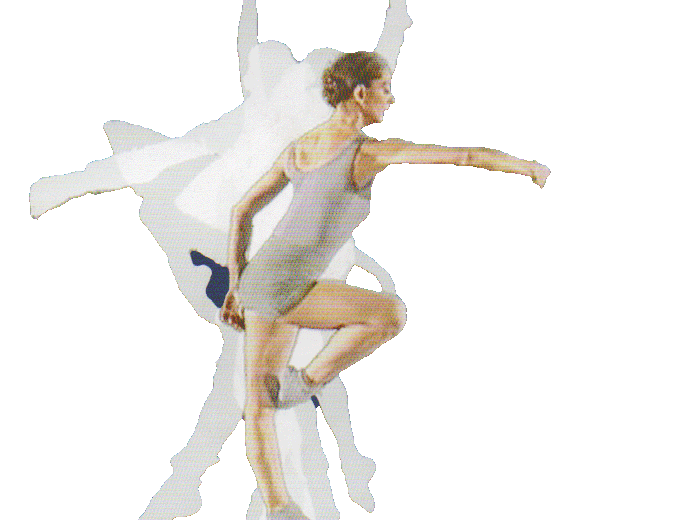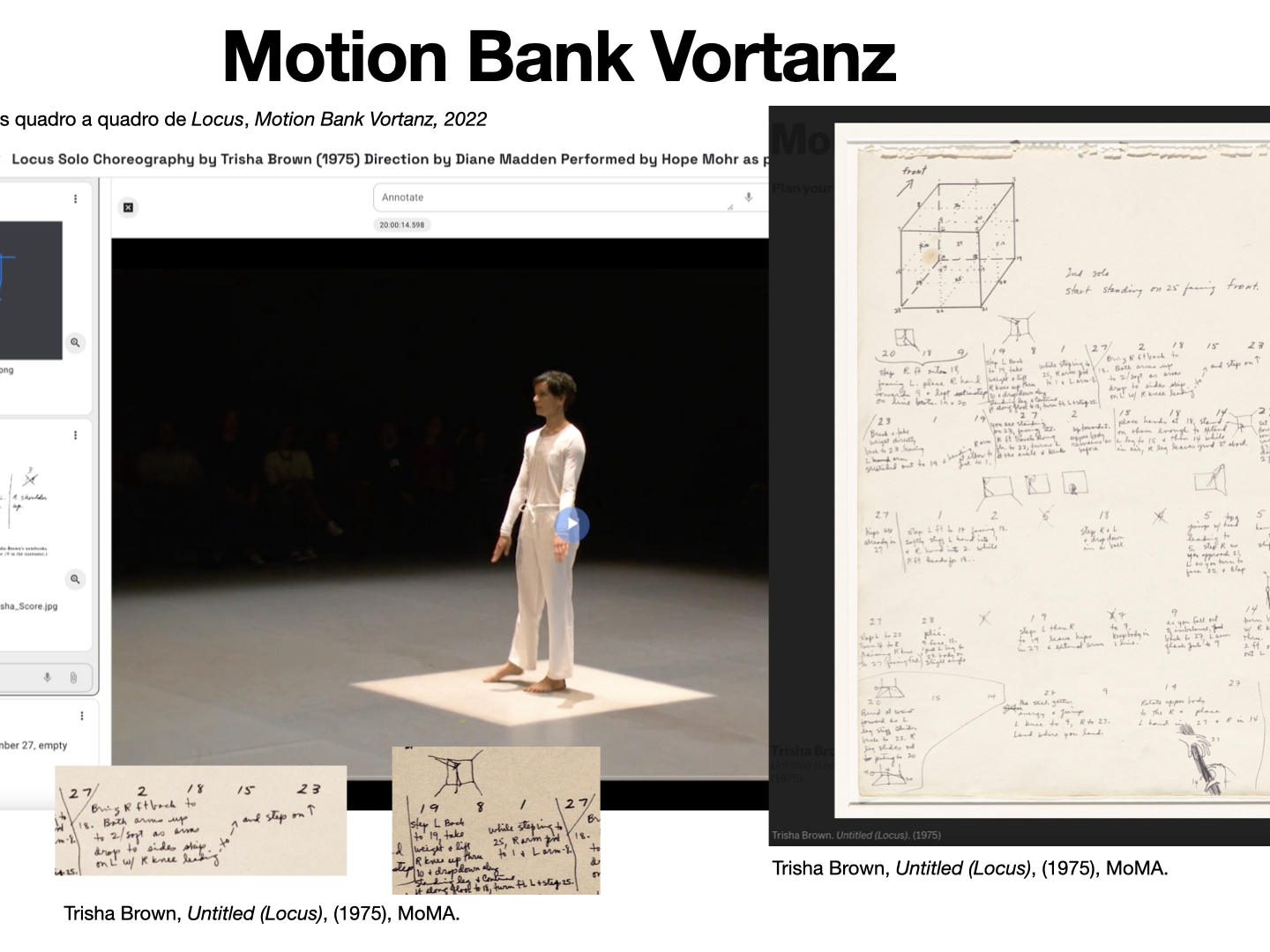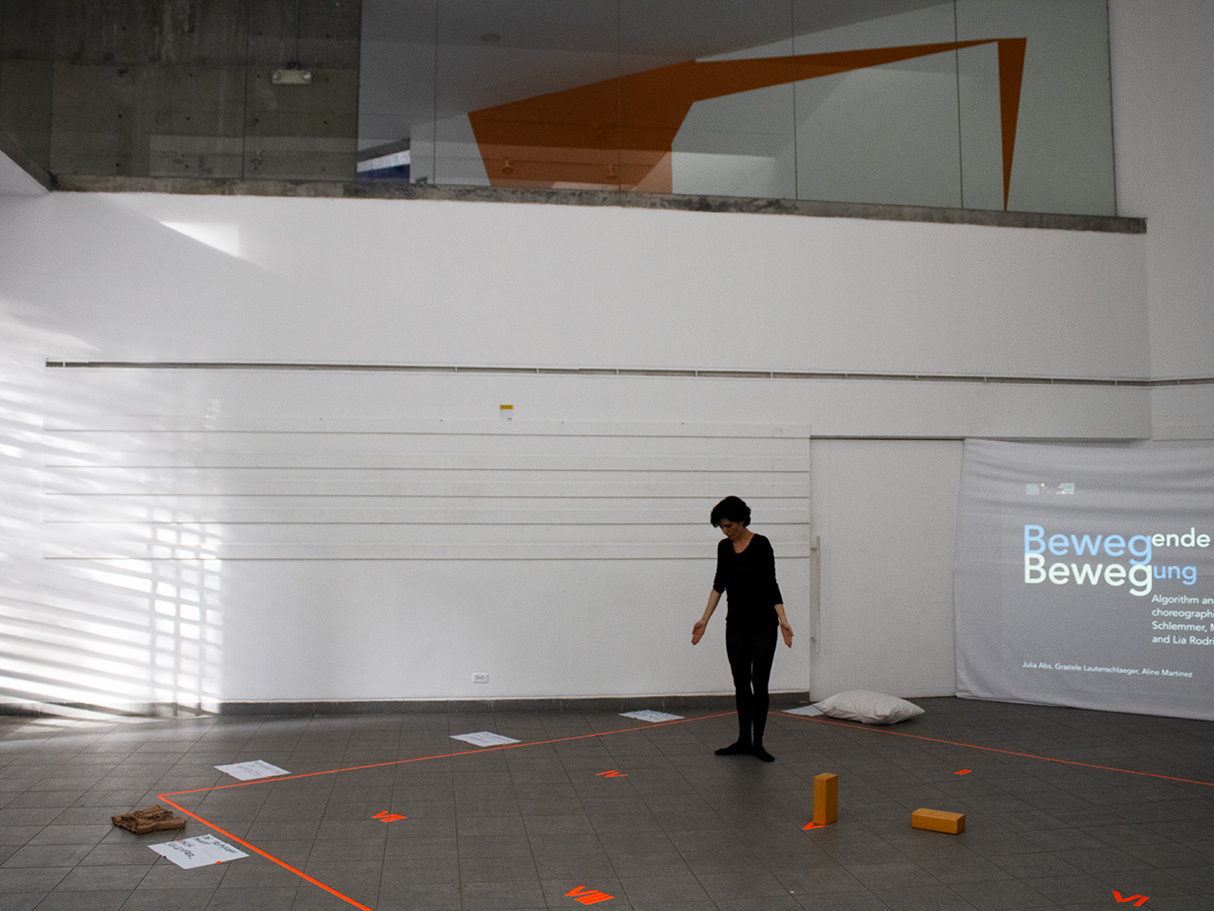Ouvinte com participação ativa
Participation as an active listener
Nas práticas corporais radicais de autocuidado, antidiscriminação e antirracismo voltadas à gestão de conflitos e à cura, assentar o corpo é um dos aspectos primordiais para iniciar o processo de retorno ao corpo. Assentar o corpo também é um momento crucial no trabalho com o corpo em práticas performativas e de dança.
Essas práticas de assentamento do corpo, por mais privadas e íntimas que possam parecer à primeira vista, carregam um significado micropolítico. Elas também revelam conexões corporificadas entre práticas artísticas, sociais e ativistas. A possibilidade de se assentar é distribuída de forma desigual, de modo que alguns corpos são forçadamente privados de suas capacidades básicas de manutenção: respirar, estar atentos, se situar no espaço e no tempo, etc. Sob essa perspectiva, a prática de assentar o corpo como um processo incorporado e visceral revela-se profundamente conectada ao campo político e social. Ela se apresenta como campo de batalha de diversos conflitos atuais em torno da proteção e segurança dos corpos, nos quais alguns corpos são sistematicamente desestabilizados por meio de violência, agitação e agressão contínuas (sociais, econômicas, ambientais), enquanto para outros, a capacidade de se assentar é oferecida em excesso.
A série de palestras investiga diferentes aspectos e dimensões do assentamento (no mundo, na comunidade, nas relações, nos ambientes), bem como diferentes formas de desestabilização dos corpos (pela falta de proteção, por racismo e sexismo). Examina as consequências da negação da possibilidade de movimento por meio da detenção ou internação coercitiva, com o objetivo de delinear o funcionamento das políticas atuais de insegurança em seu nível mais íntimo e visceral.
Partindo desse pano de fundo sociopolítico, as palestras também abordarão questões sobre o papel das práticas artísticas. A arte e a performance podem desafiar tais desigualdades corporais e a distribuição desigual da capacidade de ser/ter um corpo? O que é necessário para manter um corpo, para se assentar no corpo e, também à luz de experiências de exposição e desintegração, sustentá-lo por meio da relação com o outro? Como a performance pode não apenas contestar a normatividade e a hierarquia das corporalidades, mas também nos tornar mais sintonizados, sensíveis e assentados para a experiência dos corpos?
As palestras serão online.
Esta HTA Ringvorlesung está conectada ao BODIES, UN-PROTECTED, o Programa Internacional sobre Corpos, Arte e Proteção no Künstlerhaus Mousonturm, realizado entre outubro de 2021 e junho de 2022.
Organizadoras: Profª. Dra. Bojana Kunst, Instituto de Estudos Teatrais Aplicados, JLU Giessen; Profª. Dra. Sandra Noeth, HZT – Centro Interuniversitário de Dança, Berlim; Profª. Dra. Francesca Raimondi, Academia de Arte de Düsseldorf; Anna Wagner, Künstlerhaus Mousonturm, Frankfurt a.M.
*English Below
In the radical self-care, anti-discrimination and anti-racist body-based practices of conflict management and healing, settling the body is one of the primary aspects to begin the process of coming back to the body. Settling the body is a crucial moment in working with the body in performative and dance practices as well. These practices of settling the body, as private and intimate as they might appear at first glance, bear a micropolitical meaning. They also disclose body-based connections between artistic, social and activist practices. The possibility of settling down is unequally distributed, so that some bodies are forcefully dispossessed of their basic capacities to maintain themselves: to breathe, to be attentive, to settle in the space and time, etc. From this perspective, the practice of settling the body as an embodied and visceral process shows to be connected to the political and social field. It appears to be the battlefield of several current conflicts around the protection and security of the bodies, where some bodies become systematically unsettled through continuous violence, agitation and aggression (social, economic, environmental); while to the others, the capacity to settle is offered in excess.
The lecture series inquires into different aspects and dimensions of settling in (in the world, in the community, in relations, in environments) as well as different modalities of unsettling the bodies (by lack of protection, because of racism and sexism). It examines the consequences of denying the possibility to move through coercive detention or internation, in order to outline the functioning of current politics of insecurity by its operating on an intimate and visceral level. Departing from this socio-political background the lectures will also address questions about the role of artistic practices. Can art and performance challenge such body-based inequality and unequal distribution of the capacity to be/have a body? What does it take to maintain a body, to settle in the body, and, also in light of experiences of exposure and disintegration, to sustain it through relating to other? How can performance not only contest the normativity and hierarchy of embodiments, but also makes us more attuned and sensitive, and settled for the experience of bodies? The lectures will be online.
This HTA Ringvorlesung is connected to BODIES, UN-PROTECTED, the International Program on Bodies, Art and Protection at Künstlerhaus Mousonturm, running from October 2021 till June 2022.
Organisers: Prof. Dr. Bojana Kunst, Institute for Applied Theater Studies, JLU Giessen; Prof. Dr. Sandra Noeth, HZT-Inter-University Center for Dance, Berlin; Prof. Dr. Francesca Raimondi, Art Academy Düsseldorf, Anna Wagner, Künstlerhaus Mousonturm, Frankfurt a.M.
